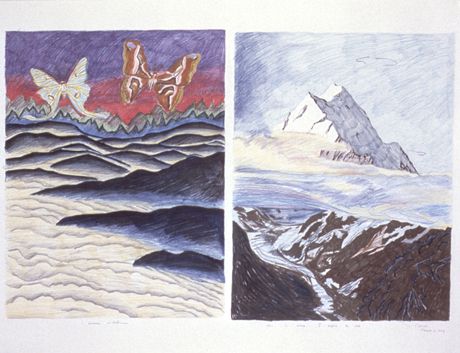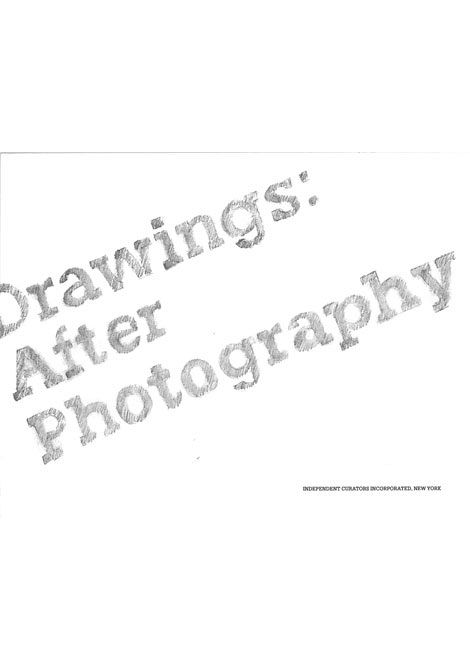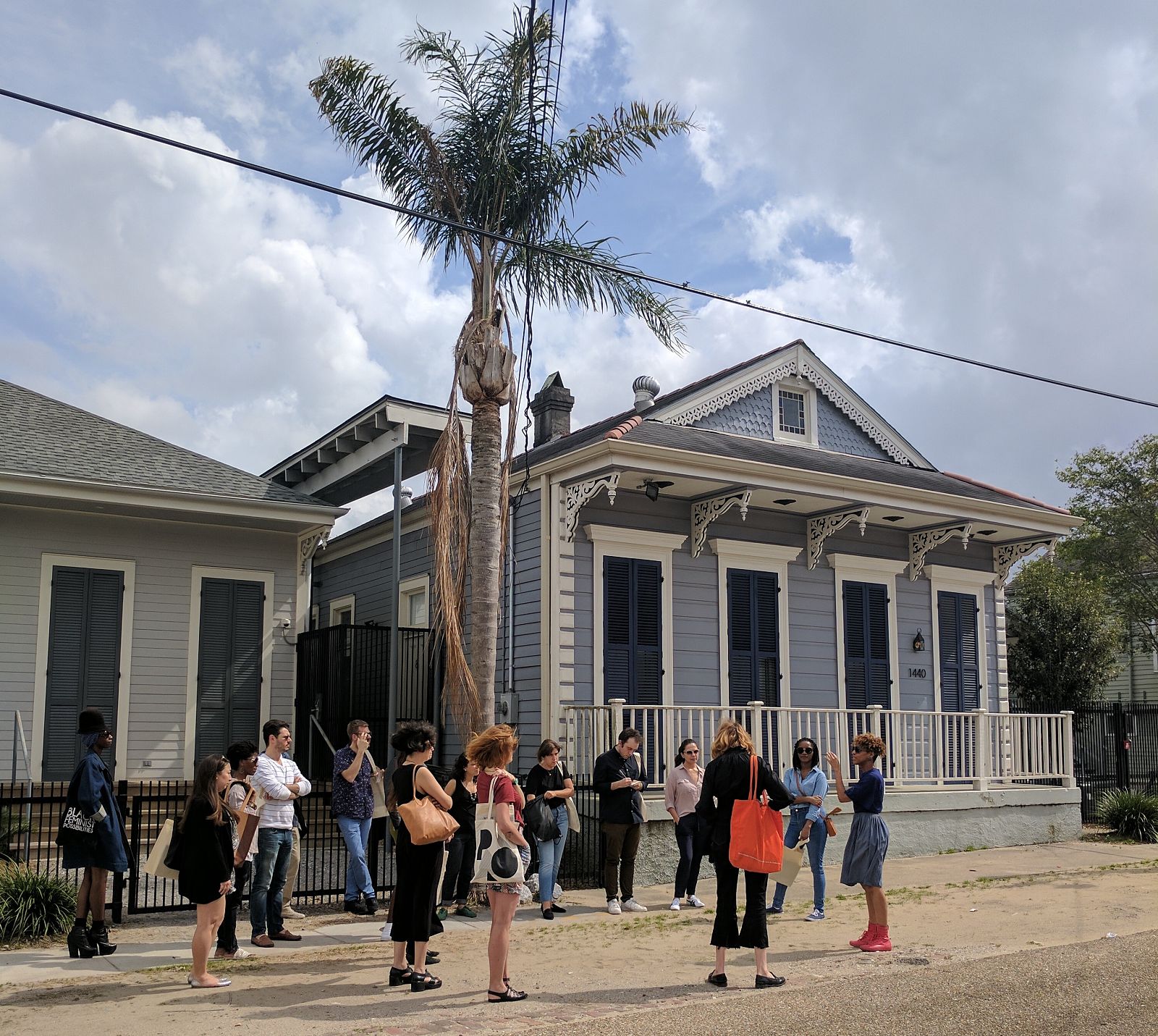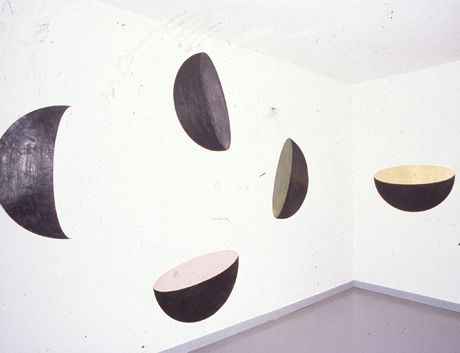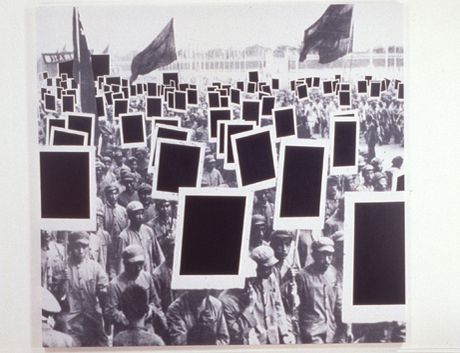The resurgence of painting that has characterized contemporary art production since the 1970s of course has carried with it intense activity in the field of drawing. Though not as valued a currency (or as expensive to produce) as works on canvas or bronze, drawings flow into the market, insuring the continued vitality (or at least credibility) of the painter’s or sculptor’s trade. Words and phrases like intimate, persona, immediate, directly uncensored, and spontaneously generative attach themselves to drawing and thus convince collectors that they have acquired a bit of the artist’s own talent – indeed a moment of “expressive inspiration.”
In a simple fashion, we have returned to drawing, the activity that has actualized these images. For a second we can stop and contemplate the pictures before us, before they are lost again in the media barrage, the “phantasmagoria,” of postmodern culture. The return of the repressed, whether it is the radical power of the sexual, the feminine, and the homoerotic, or the fascism of Nazi propaganda, is upon us. And these drawings are short circuits in the transmission of signals, disruptions in the smooth flow of ideology, the simulation of the simulacrum: empty vessel, dead culture. The avant-garde strategies on which modernism was founded (at least since Greenberg and others signaled the opposition between avant-garde and kitsch) have been dismantled by new challenges: an attack on authority by representing it (the magical ritual of possession), the leveling of criteria in favor of displacement, and increasingly ardent attempts at the democratization of culture. Unlike the bourgeois of the avant-garde, postmodernism is founded not on opposition but on recognition of contradiction rather than utopian resolution, on awareness of the severe disjunctures between culture and society, between what we know and what we accept as reality. What we have experienced is a transfer of culture to alternative sites – places we cannot imagine even though they are constantly represented; they are in our world picture but only as flashes of memory after photography.
- Excerpt from catalogue essay by William Olander, 1984
